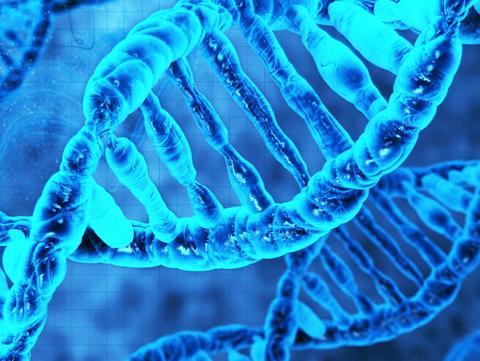
M2 - Systèmes biologiques et concepts physiques
La biologie moderne a fait faire un bond extraordinaire à notre compréhension des mécanismes moléculaires intervenant dans le monde du vivant. Cette connaissance ouvre actuellement un champ d’investigation original et fascinant qui permet aux jeunes physicien.e.s et biologistes intéressé.e.s par l’interface physique - biologie de mettre en œuvre leurs méthodes expérimentales et théoriques pour l’observation et la modélisation des systèmes biologiques, de l’échelle microscopique aux systèmes multicellulaires.
Le parcours « systèmes biologiques et concepts physiques (SBCP) » propose aux étudiants de BMC la thématique « Approches Quantitatives de l’Interface Physique-Biologie » (AQi-PB). Ce parcours vise à rassembler des étudiant.e.s de formations variées (physique, biologie, biochimie, médecine, …) qui désirent acquérir une maîtrise conceptuelle et pratique des méthodes physiques d’étude quantitative des systèmes biologiques.
Deux autres thématiques « Approches fondamentales de l’interface physique-biologie» et «Approches génétiques de l’interface physique-biologie» sont proposées aux étudiant.e.s ayant une formation solide en physique qui souhaitent acquérir une formation complémentaire en biologie tout en poursuivant leurs études de physique.
Le parcours SBCP est co-habilité par les universités Sorbonne Université, Université Paris Cité et Université Paris Saclay.
Contact
Isabelle BONNET
Responsable pédagogique du Parcours SBCP
Manuela DEZI
Responsable de la thématique "Approches Quantitatives de l’Interface Physique-Biologie" pour la mention BMC
Secrétariat pédagogique
